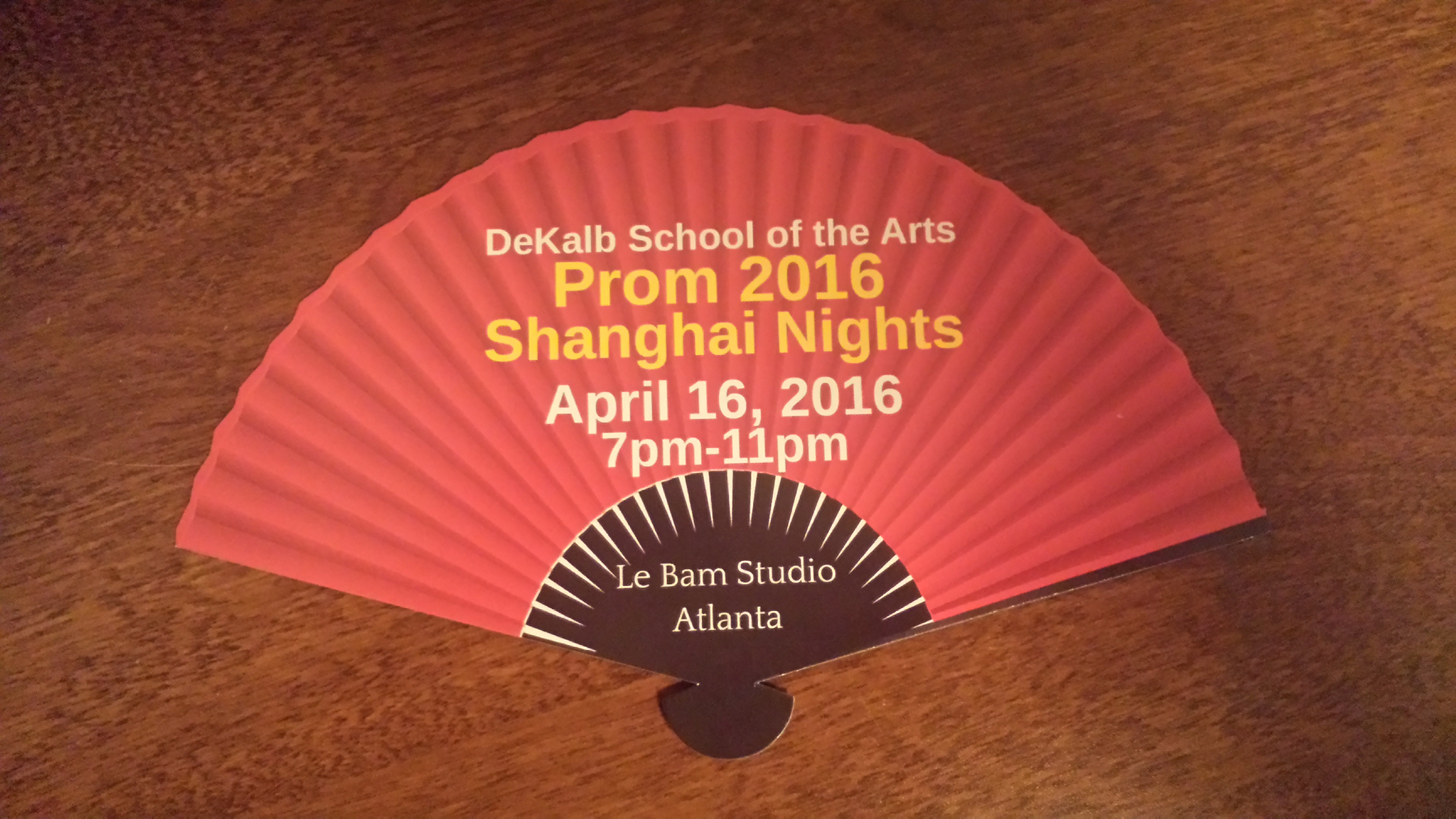With only two months into second semester, it’s time for schools to begin preparing for prom. This is also when the school’s prom theme is announced, as was the case at my school, Dekalb School of the Arts.
Everyone at my school is on their toes about this year’s theme: *drumroll please* “Shanghai Nights.” I expected as much excitement from students as the committee (which I am a part of) had when choosing the theme, but that’s not at all what we got. In fact, students disliked it, and even worse, called us racist. Racist? How?
One year, Paris was the prom theme for our school, and another year the theme was Arabian Nights. What was so bad about ours? Apparently a bunch of students thought using Shanghai Nights as a theme was cultural appropriation.
The problem escalated when students openly criticized the prom committee for the choice without even asking them for more information. I spoke to the head of the prom committee, Nicole Grier, to find out exactly what she researched and presented to the students.
“One thing that all of the students failed to realize was that Shanghai was a place,” she said. “They were acting as if we were imitating an ethnic group of people. I just wish people weren’t so quick to complain.”
Cultural appropriation is when one culture takes pieces of another culture and often misrepresents it. For example, those who wear chopsticks in their hair to represent Chinese women for fashion are appropriating and influencing a stereotype.
Chinese women don’t wear chopsticks, they eat with chopsticks. What they actually have in their hair are “hair sticks.” I learned about this from a girl of Chinese descent, an alumni from my school, who I contacted to get more information about whether or not our theme was really offensive.
The counter argument that arose was that the theme choice was more of cultural appreciation. The difference is that if you’re appreciating it, you’re representing the culture correctly and using it for honest purposes, not just to look good. For example, if your friend is from Africa and you throw them a surprise birthday party, there’s no harm in wearing Kente or Dashiki just to represent their culture.
And that’s exactly what prom is: a time that every high school student will remember, and the fact that we chose Shanghai for the theme would, if anything, honor Shanghai.
After the prom committee used an entire lunch period to provide more information to the students, to no surprise, the controversy slowly died.
Perhaps this conflict could’ve been avoided if there wasn’t as much judgement and better explanations given. Regardless, what arose was a conversation on two subjects, rarely addressed.




